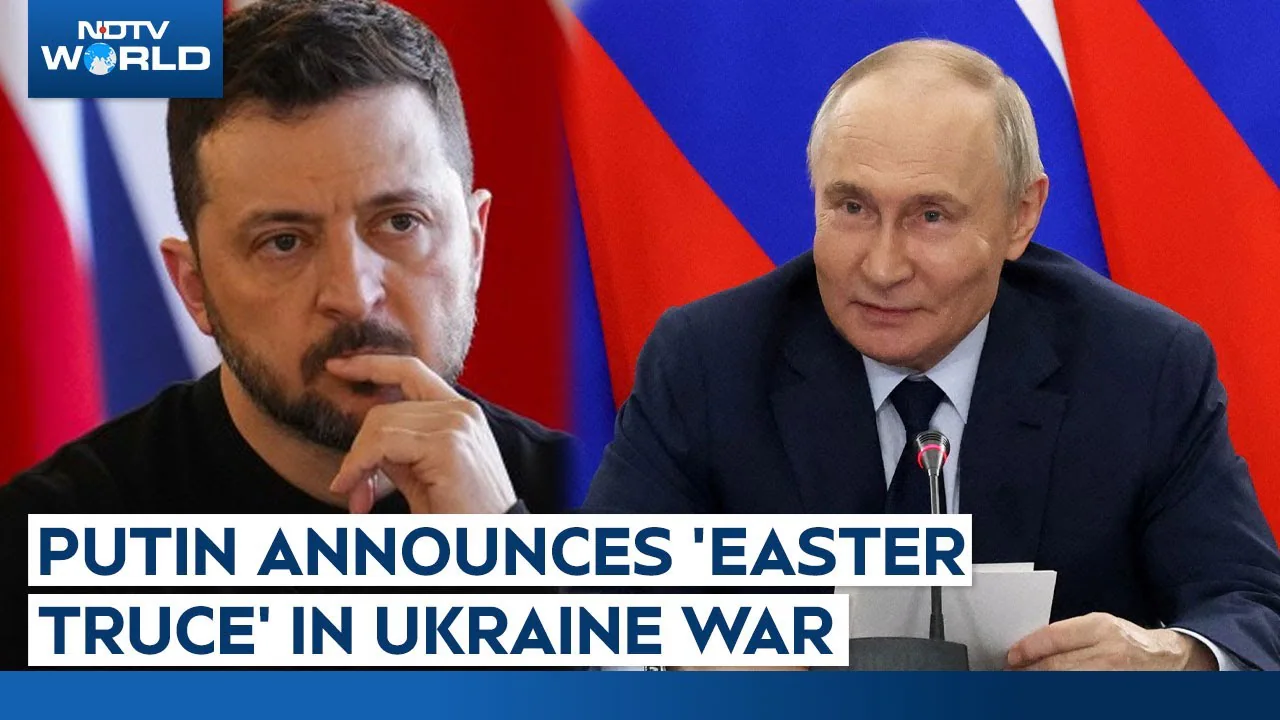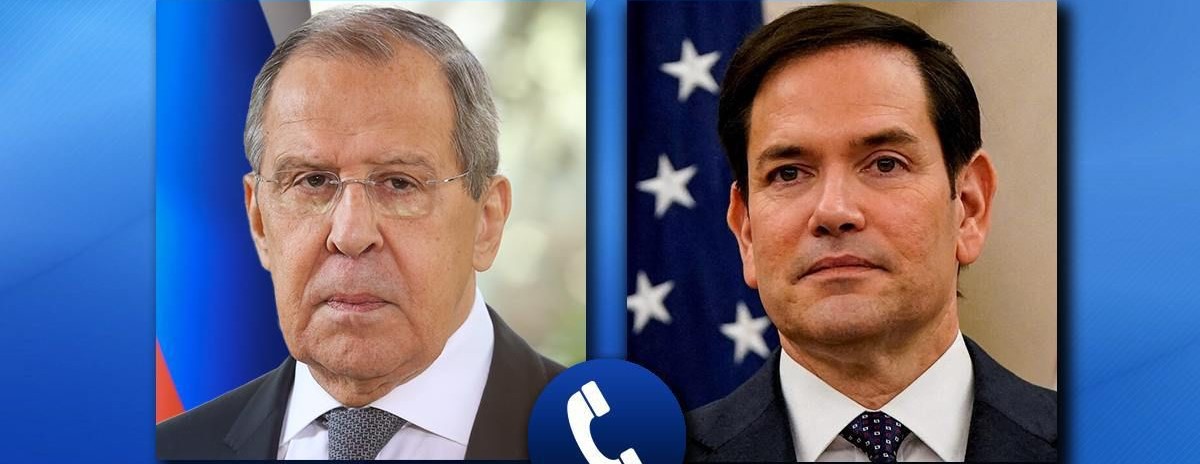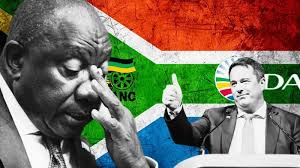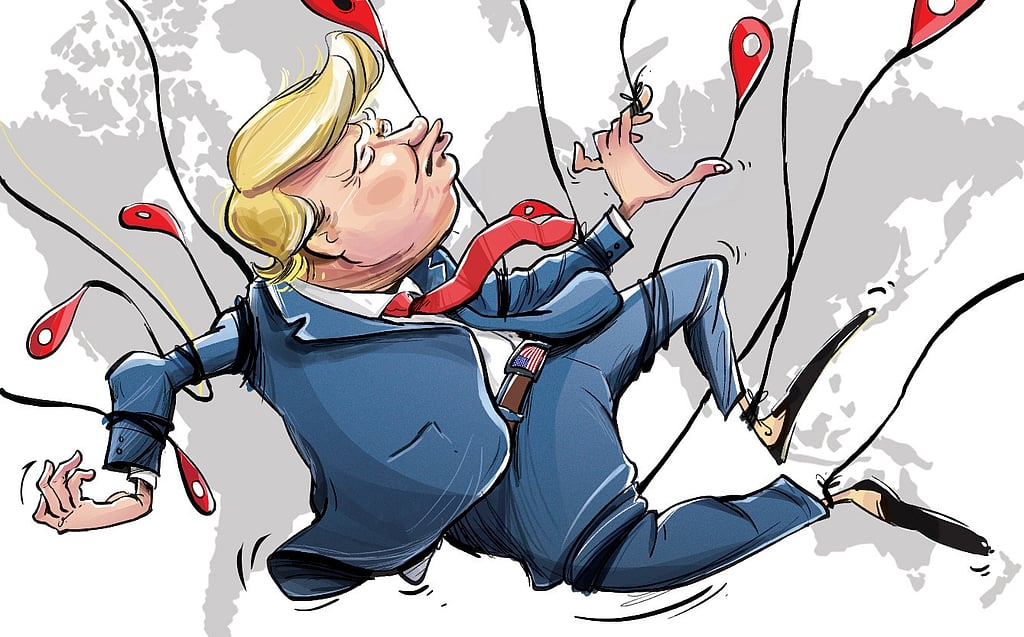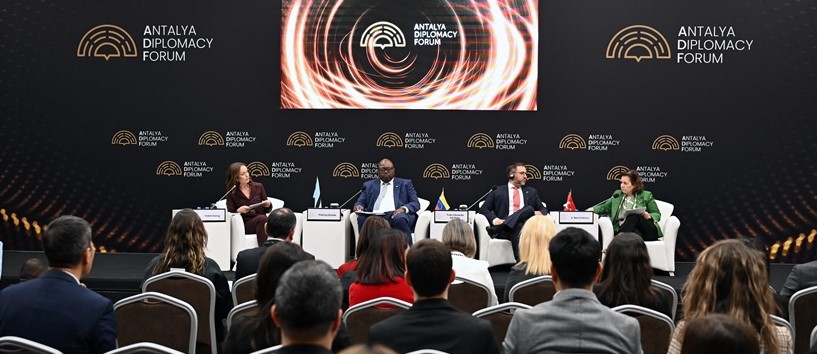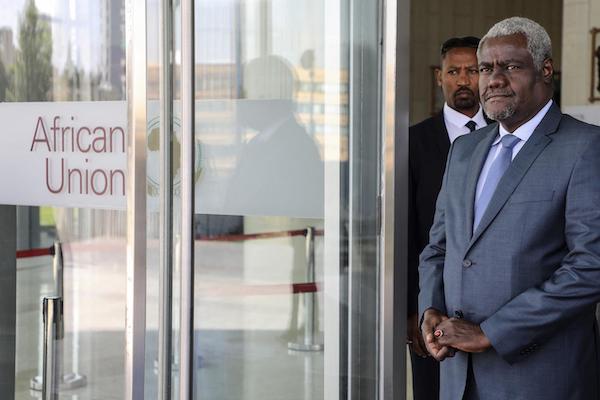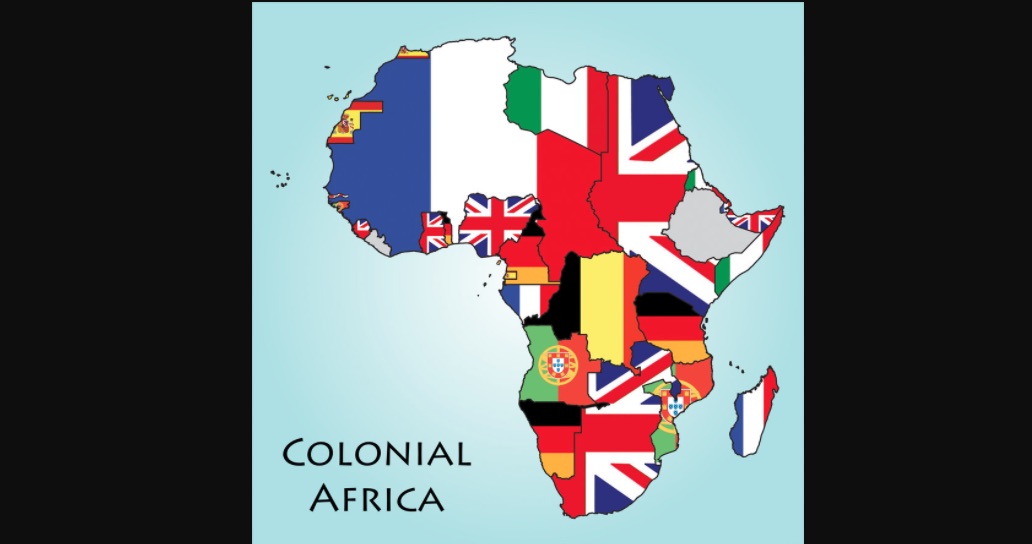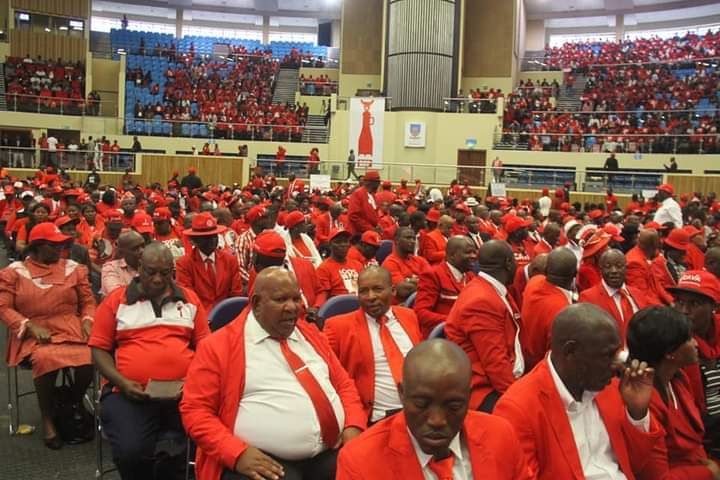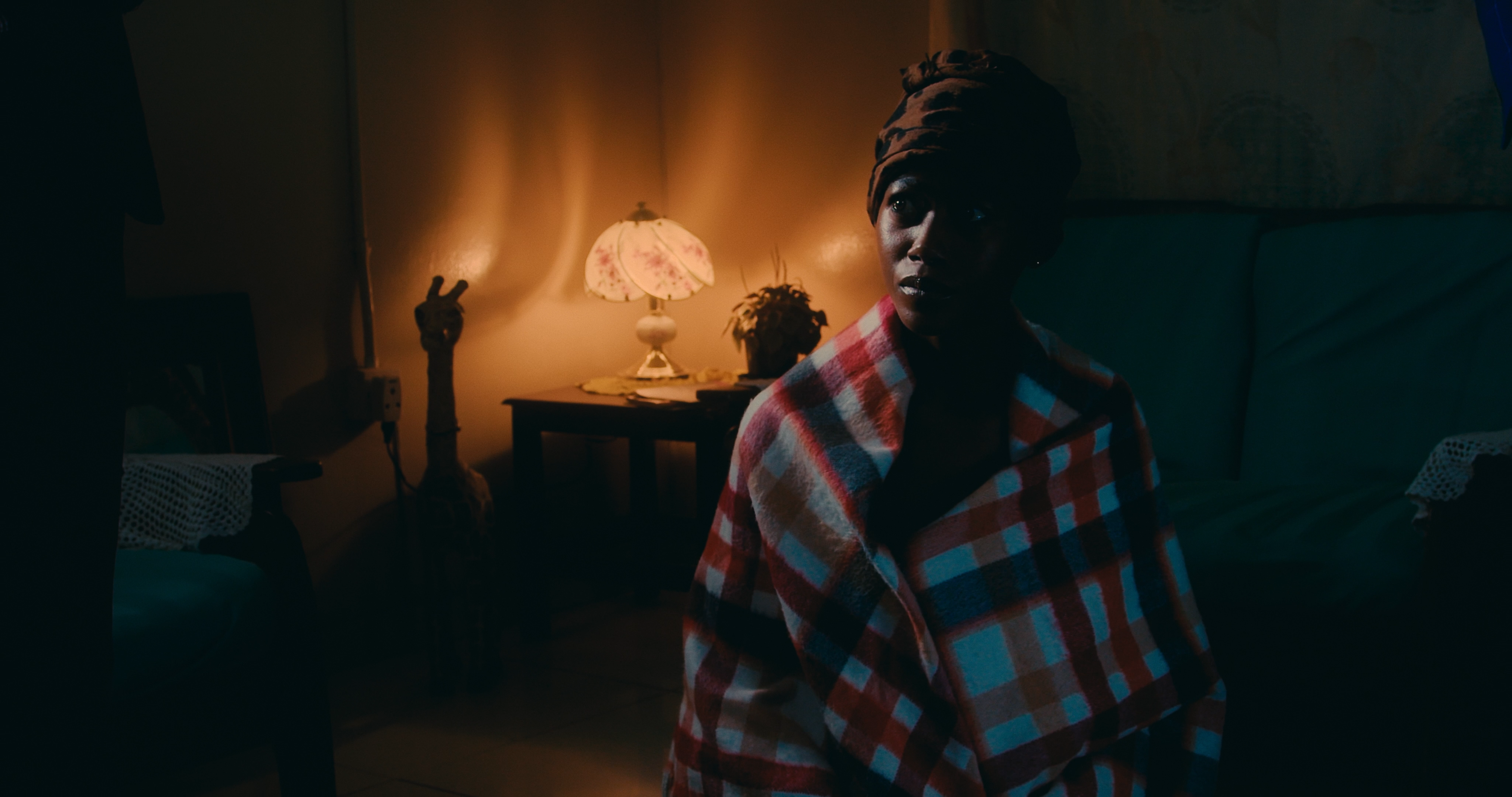
A-call-to-inverst-in-Botswanas-film-making-.png
By Donald Molosi
In the heart of Southern Africa lies our Botswana, a nation rich in culture, history, and potential.
Yet, like many countries, it faces challenges that require innovative solutions.

As an actor and storyteller, I believe that film can serve as a powerful tool to address these challenges and elevate our society.
Through storytelling, we can inspire change, promote understanding, and foster unity among our diverse communities.
After all, Botswana’s superpower has always been her ability to find unity in diversity.
- Film as a Medium for Cultural Preservation*
Botswana is home to a myriad of cultures and languages. However, globalization poses a threat to the preservation of our unique identities.
Film offers an opportunity to document and celebrate our traditions. By creating films that showcase our customs, languages, and stories, we can ensure that future generations understand their heritage.
Documentaries about traditional ceremonies or fictional narratives rooted in local folklore can help preserve our cultural legacy while also educating audiences both locally and internationally.
- Empowering Voices through Storytelling*
One of the most significant benefits of film is its ability to amplify voices that are often marginalized.
In Botswana, women, children, and minority groups frequently face societal challenges that go unaddressed.
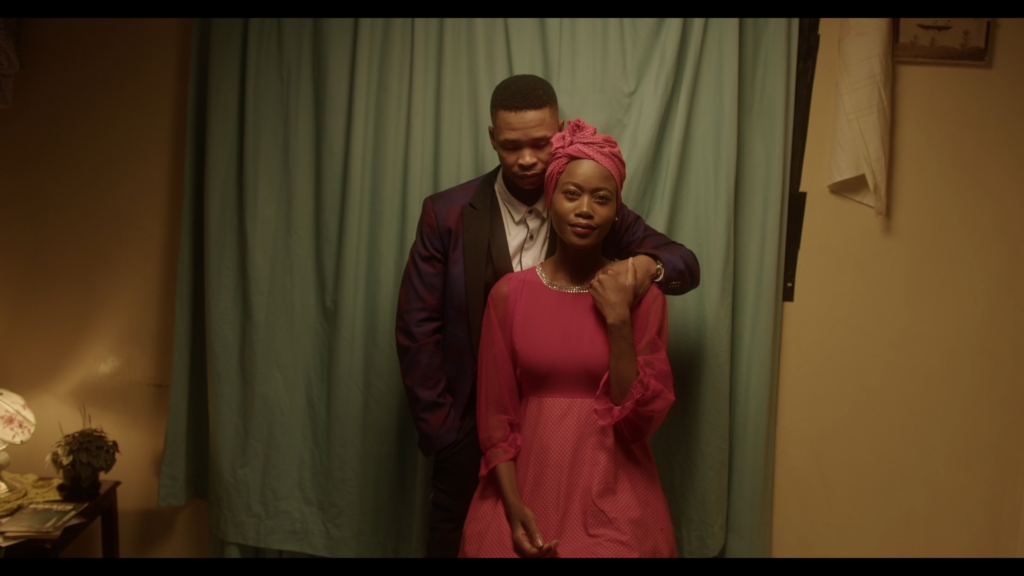
By producing films that highlight their experiences—be it through dramas or documentaries—we can raise awareness about their struggles and triumphs.
This not only empowers these individuals but also encourages dialogue within society about pressing issues such as gender equality and social justice.
- Economic Development through the Film Industry*
The film industry has the potential to be a significant driver of economic growth in Botswana.
By investing in local filmmakers and creating infrastructure for film production—such as studios and training programmes—we can create jobs and stimulate entrepreneurship.
The success of films like “A United Kingdom” has already shown the world what Botswana has to offer; imagine if we could produce more content that showcases our landscapes, stories, and talent!
This would not only attract tourism but also position Botswana as a hub for film production in Africa.
- Fostering National Pride*
Film has an unparalleled ability to evoke emotions and foster national pride.
When we see ourselves represented on screen—our struggles depicted authentically—it creates a sense of belonging and unity among citizens.
Films that tell stories about Botswana’s history or achievements can instil pride in our identity as Batswana.
This collective pride is crucial for nation-building; it encourages us to work together towards common goals while celebrating our diversity.
- Conclusion: A Call to Action
As we look towards the future of Botswana, let us embrace the power of film as a catalyst for change.
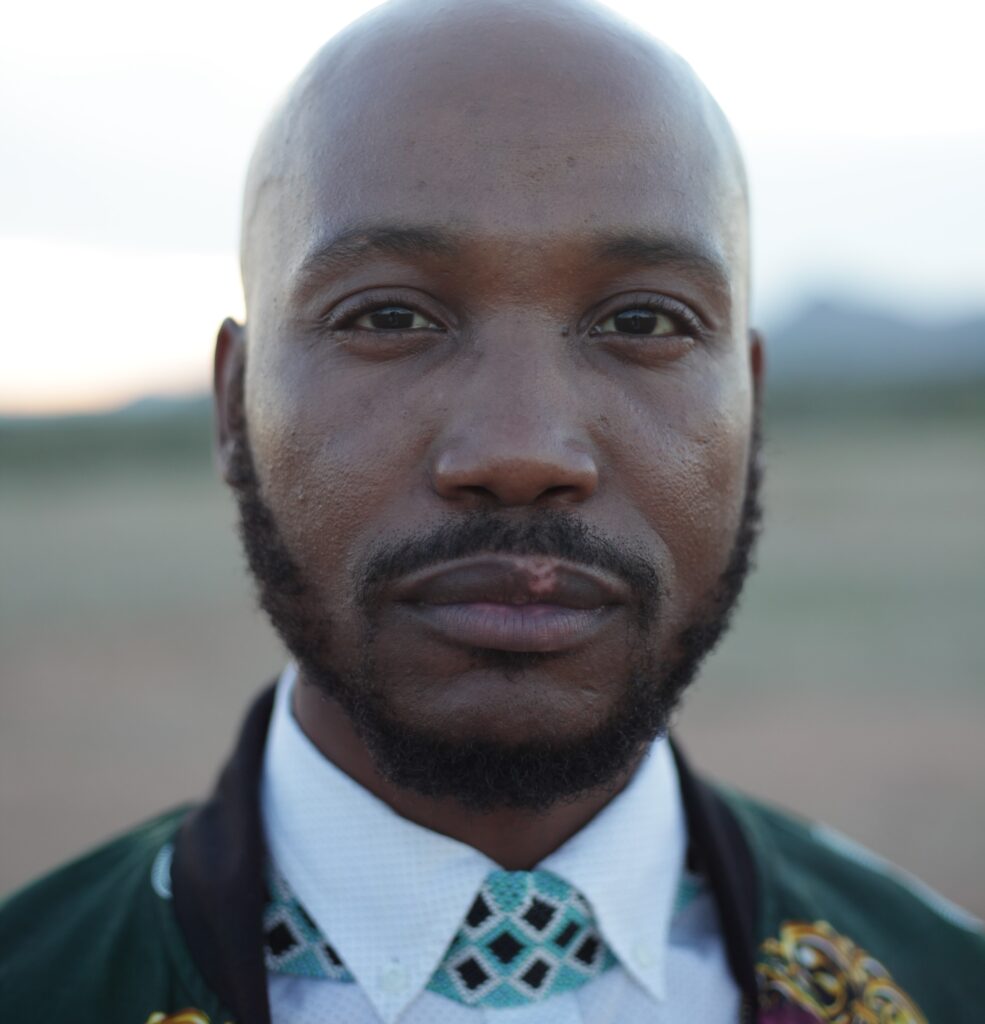
We must invest in our storytellers—supporting them with resources, training, and platforms to share their narratives with the world.
By doing so, we will not only enrich our cultural landscape but also pave the way for economic development and social progress.
- Donald Molosi is an award-winning film producer. He wrote and produced “Partly Cloudy & Hot” (2023) starring Kaone Kario*
